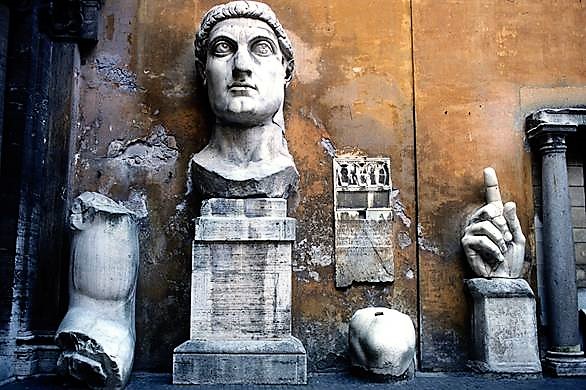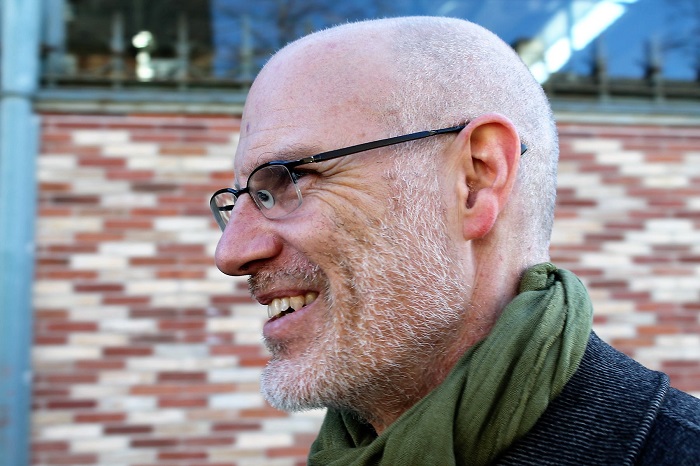Leśniewski’s Evolutional Logic UFR de Philosophie Different in many respects from standard versions of symbolic logic, Stanisław Leśniewski’s systems of logic (called Protothetics, Ontology and Mereology) present a lot of original and unusual features that continue to be stimulating for modern logicians and thinkers, since they have been elaborated in Warsaw between the two World Wars. Among these aspects, one of the certainly most interesting is the way Leśniewski conceived definition as a process that has to be counted among the usual inference tools, like Modus Ponens or Universal Instanciation. This peculiarity makes Leśniewski’s symbolic language quite unusual. Instead of being determined once for all with a set of symbols and a list of rules for the specification of well formed formulae, Leśniewski’s language has to remain open and able to integrate the many novelties and evolutions that can be step by step introduced by definitions. With these specific symbolic languages, Leśniewski was able to show that very tiny systems of axioms (including for example only equivalence, the universal quantifier and a modern sort of copula) can give rise to very powerful systems of logic.
Leśniewski’s systems are often considered to be very interesting but technically difficult. With this tutorial my aim is to show that the main stimulating aspects of this non standard logic are actually perfectly accessible, without specific prerequisite, just an intellectual interest in general logical matters. Everybody who has this interest is welcome to join. The tutorial will be divided in the following three one-hour sessions.
I. An open and evolutional symbolic language
In this session, we are going to understand how to build a complete propositional logic, resting only on the single connective “if and only if”. The main ideas of this construction are in Leśniewski himself, in Alfred Tarski (his unique PhD student), but also in Bertrand Russell’s early logical writings. Leśniewski’s achievement in this matter was strongly based on the new kind of formal language he elaborated: an evolutional language, in which every part of a formula takes its symbolic status and determined meaning from the context in which it occurs. Like in natural languages, the meaning of a word or a symbol depends on the combination of words in which it is used and the meaning of an expression (sentence or formula) depends on the expressions (in particular definitions) that have been previously asserted. As we will see, Leśniewski discovered very nice notational solutions in order to warrant both contextuality and logical accuracy. II. A new Organon
This second session is devoted to the powerful logic of terms Leśniewski conceived introducing as a single new logical constant a modern version of the traditional copula (in the tradition, the word “est” in the Latin sentence “homo est animal” was called a copula). As we will see, this system of logic includes as a part the standard first order calculus, but it allows, among a lot of other possibilities, to develop a rich system of oppositions. As an example, we are going to examine how the definitions of different negations allows to rebuilt in modern terms the famous system of oppositions studied by Aristotle in the Organon. |
III. Classes and paradoxes
As other logicians of his time Leśniewski developed his logical systems with the aim to give a foundation to mathematics. In this perspective, one of the most important issues was the status of classes or sets and the way to prevent from Russell’s paradox. Leśniewski was not at all satisfied by Russell’s solution. As a strong nominalist, he was also completely opposed to any theory supposing the existence of abstract objects, like set theory. In this session, we are going to explore the brilliant analysis he gave of Russell’s paradox. This analysis led him to conceive his famous theory devoted to the part-whole relation: Mereology. This will be a good example to see how Leśniewski’s logic allows formalizing an applied theory. Short Bibliography
Back to the 6th Universal Logic School ! | ||||

